Welcome to Anatolia, the land of the prophets, the cradle of culture and art, where East and West and religions intermingled … Where it all began! The faith route in Western Anatolia also invites everyone to a different cultural route.
The Seven Churches await your discovery!
The western part of Anatolia, which was once administratively connected to the Roman Empire, was called the Province of Asia, these seven independent churches were established in Western Anatolia by the early believers. While in exile on the İsland of Patmos, the Apostle John wrote warning letters to seven churches/cities. The number 7 has always been a very important symbol in Christianity. Like seven lamp holders, seven stars, seven torches, seven seals, seven angels holding seven trumpets, seven thunders, a red dragon with seven heads and seven crowns, a seven-headed beast, seven hills, seven angels, seven golden bowls... The number seven is also related to the letters written to the early believers. The seven churches mentioned in the book of Revelation also have symbolic significance in Christianity.
Ephesus, modern Selçuk, has been a very important site since the Neolithic Period. It was home to newcomers from Mainland Greece, Hellenistic, Roman, Byzantine and Ottoman Empires. On the other hand, played a significant role in the early believers of Christianity. The letter sent to the city advised them to avoid evil and to work hard. After the crucifixion of Jesus, the Virgin Mary and other apostles, who settled in Anatolia with St. John, formed the first Christian community here, out of sight. The Church of the Virgin Mary in Ephesus is also considered an important pilgrimage center for Christians.

Smyrna, modern İzmir, which is still one of the important port cities of the Aegean Region was a rich commercial city, as well as a source of inspiration for religious verses. One of the 7 letters was written to the city of Smyrna. On the other hand, it is always possible to discover the city’s historical background through the İzmir Archeology Museum and ancient sites scattered throughout the city itself.
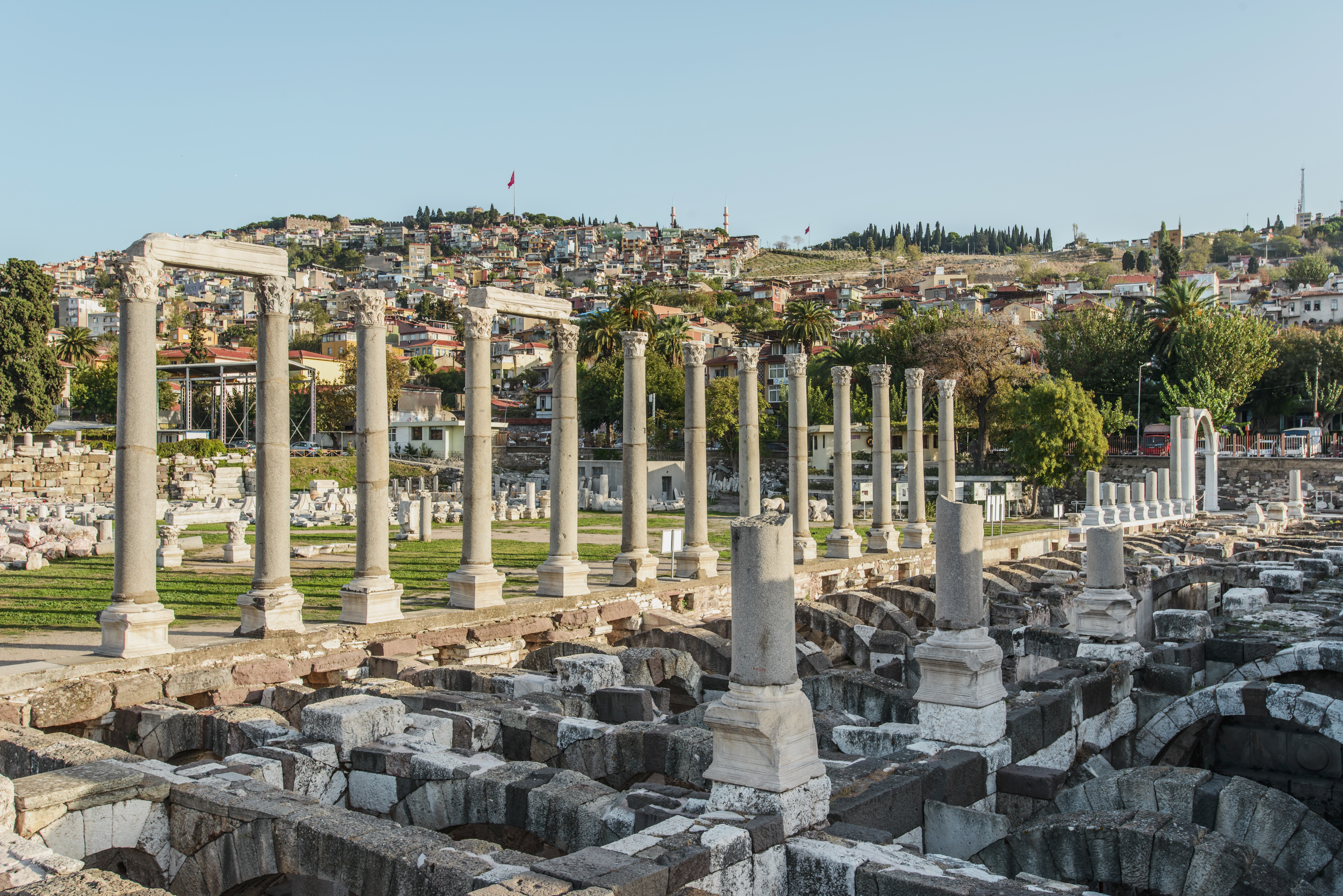
Pergamon, modern Bergama, is home to the Roman Empire, according to the Christian narrative, an angry group in Pergamon martyred St. Antipas by burning him alive in 92; This event is known as the first martyrdom in Christian history.
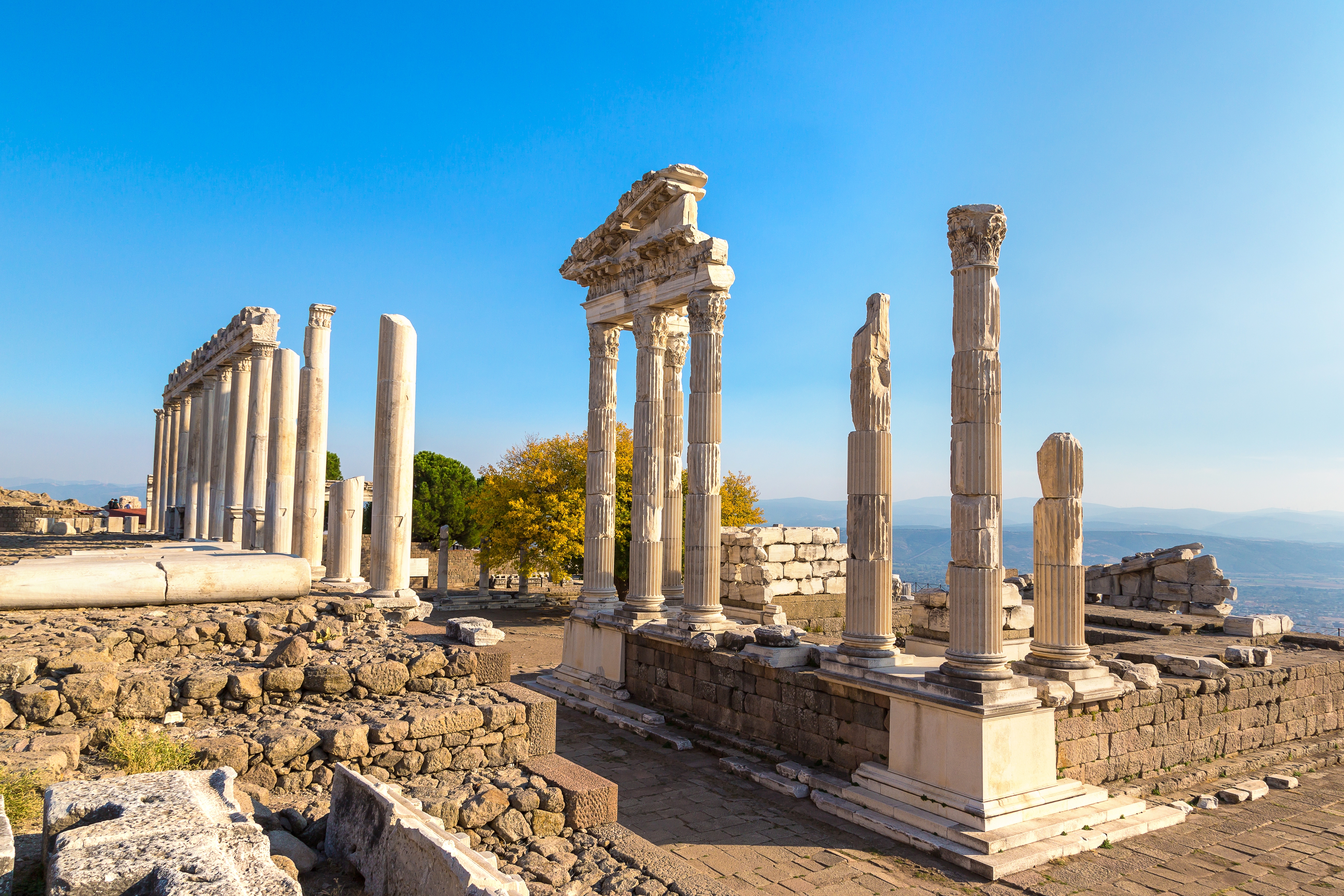
Philadelphia
Philadelphia, modern Alaşehir, which also gave its ancient name to the city of Philadelphia in the United States, had a dense Jewish population during the Roman Empire. Bible narrates to us that the Jews living in this city persecuted the early Christians in the city, so Jesus praised the city for their faithfulness
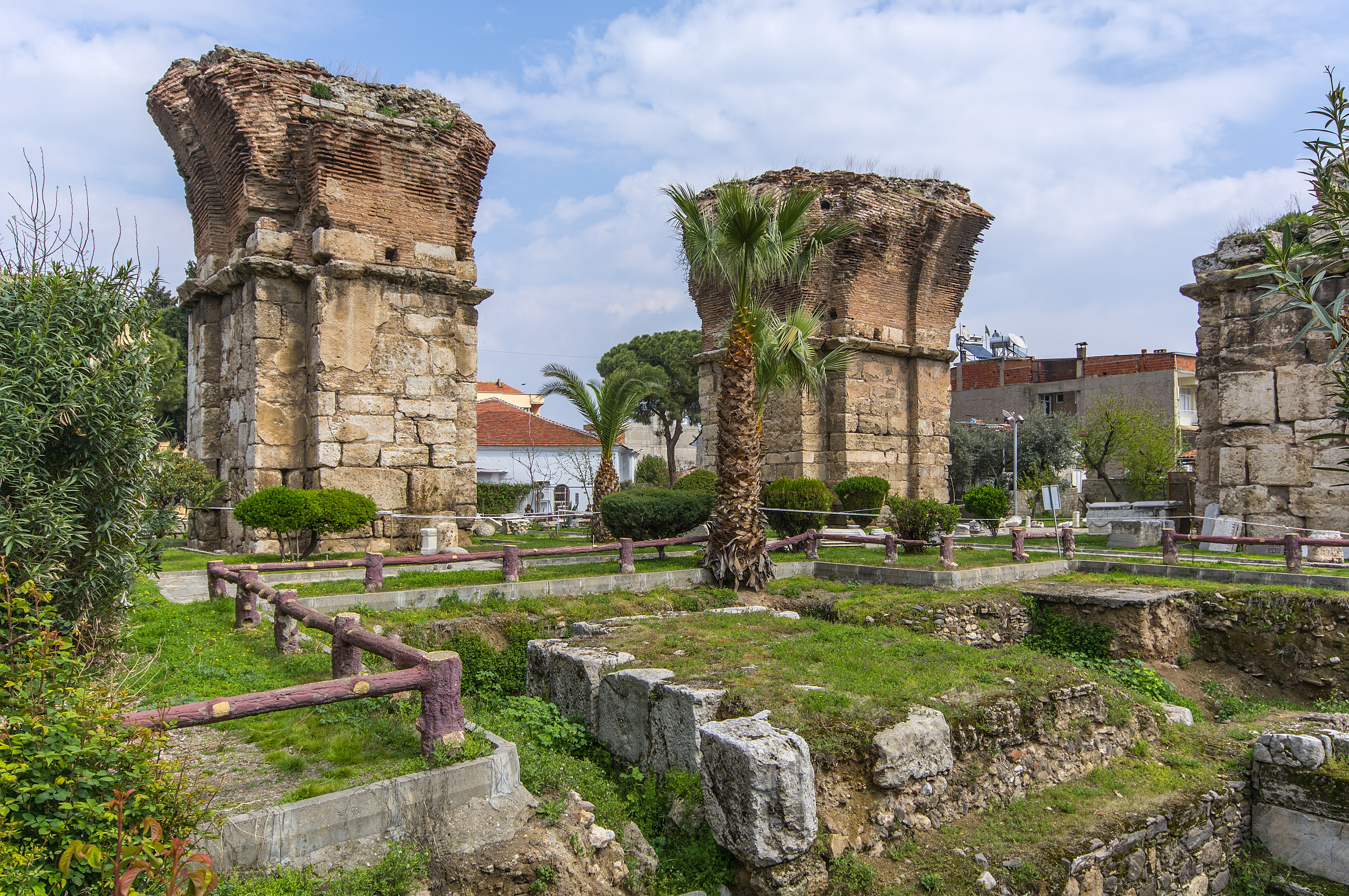
Laodiceia
Laodiceia, modern Goncalı, is a Hellenistic city founded in the 3rd century BC and became one of the important centers of the region for centuries. In the ancient city, which has been known as one of the holy centers of Christianity since the 4th century AD, many unique remains were unearthed during the excavations still continuing
Thyatira
Thyatira, modern Akhisar, according to the Bible, a female named Jezebel seduced Christians and caused them to sin, upon which one of the seven letters was written to the city to warn them in order to take the right path. Bible narrates two women in Thyatira. In addition to Jezebel who is considered the founder of feminism and punished by God in order to be strong, and on the other hand, there is also a woman called Lydia. The more Jezebel was ostracized the more Lydia was appreciated. Not being certain it might be possible to state that Lydia is the oldest known businesswoman in history. It is understood that Lydia, who discovered the Judas tree's purple color by mixing several different colors, was a very hardworking woman who was engaged in the textile business in Thyatira.
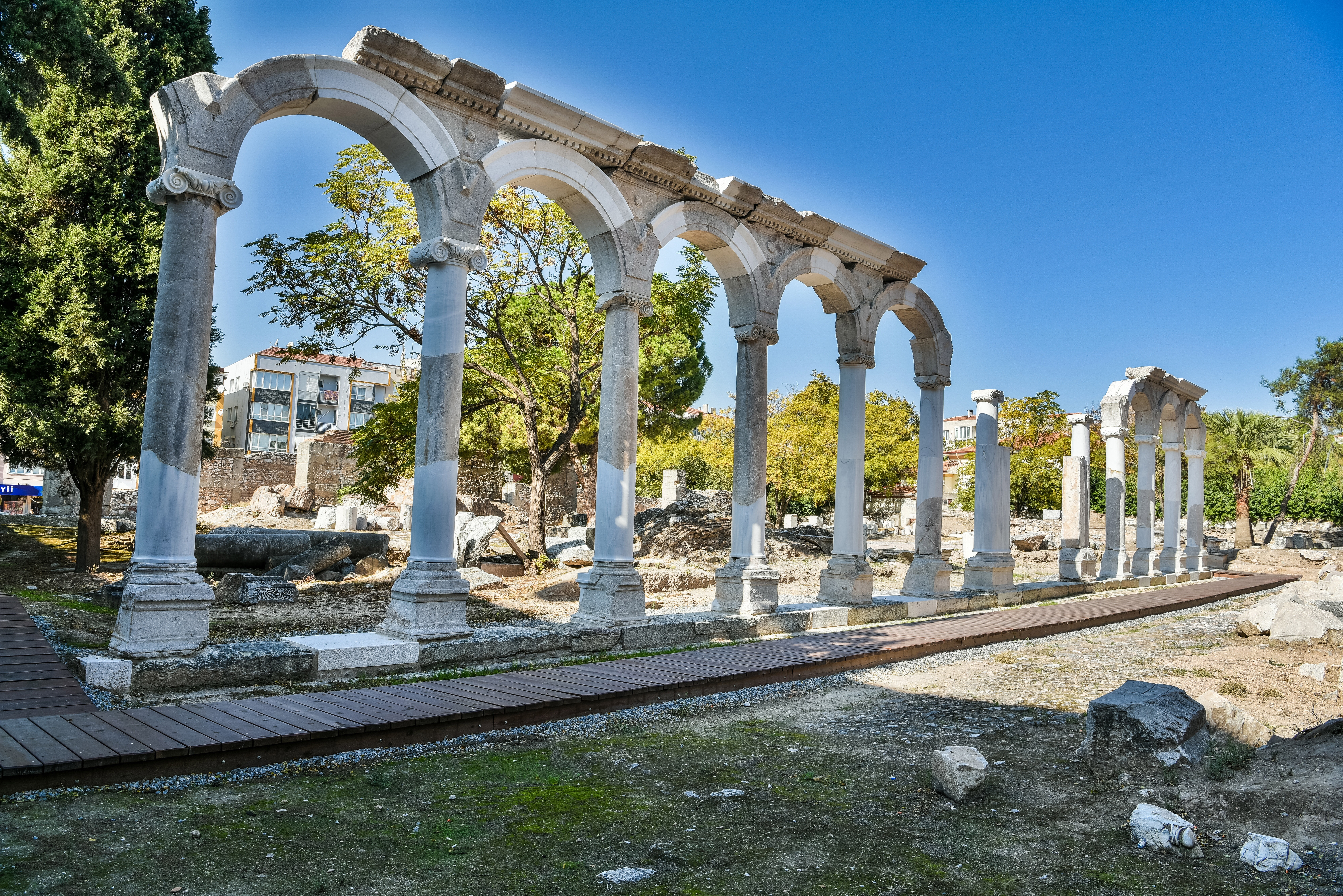
Sardes
Sardes, modern Salihli, is known as the capital of the Lydian Kingdom where money was minted for the first time under the guarantee of the state in history. On the other hand, the city is an important center both for Jews and Christians. One of the seven letters was written to Sardes. At the time the letter was written, that is, in the 1st century, the city was rich but also full of corruption. The letter advised them to choose the right path to be a decent city.
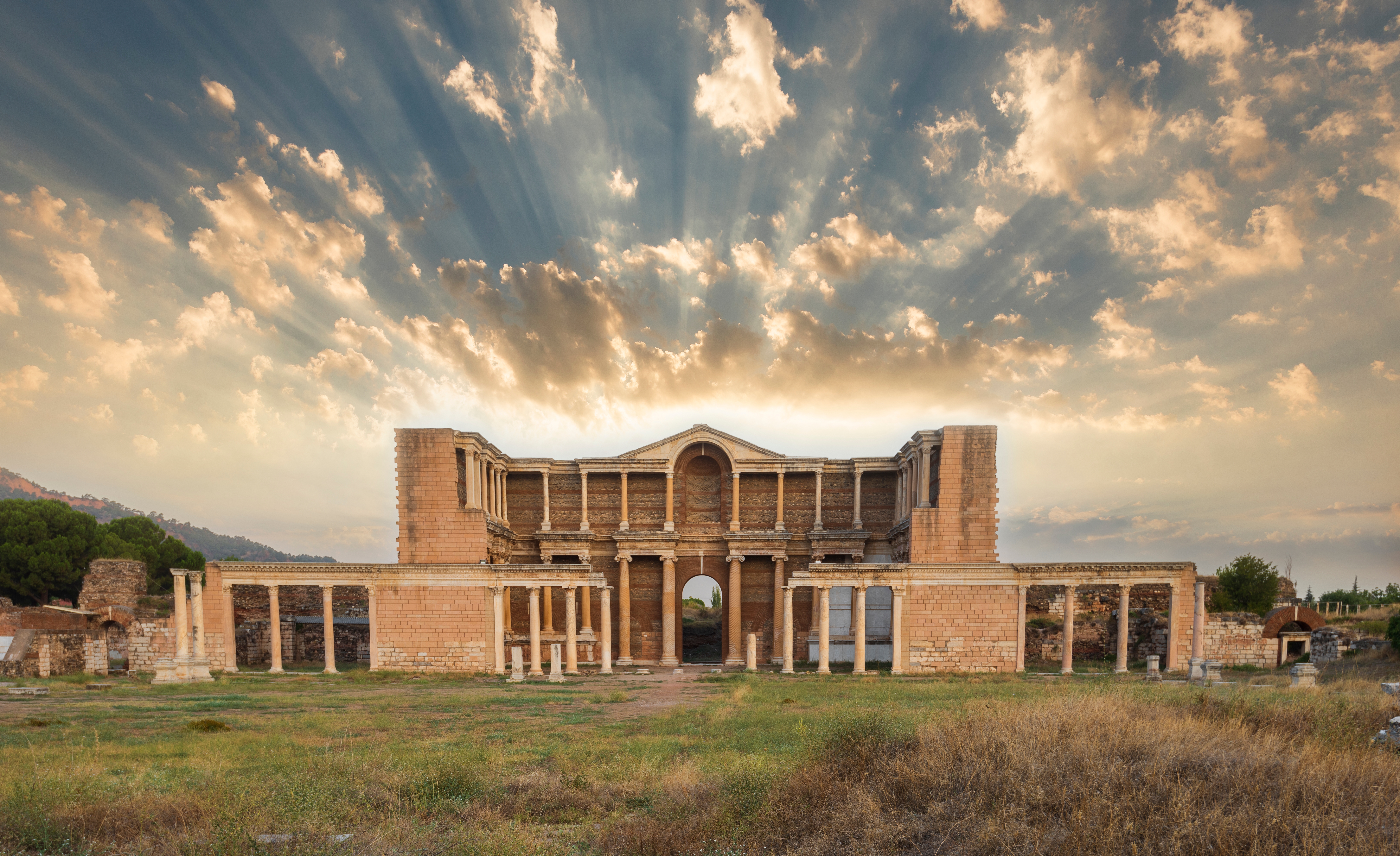
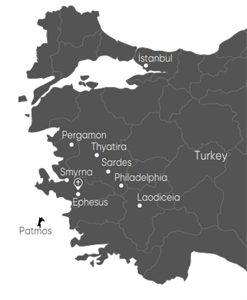
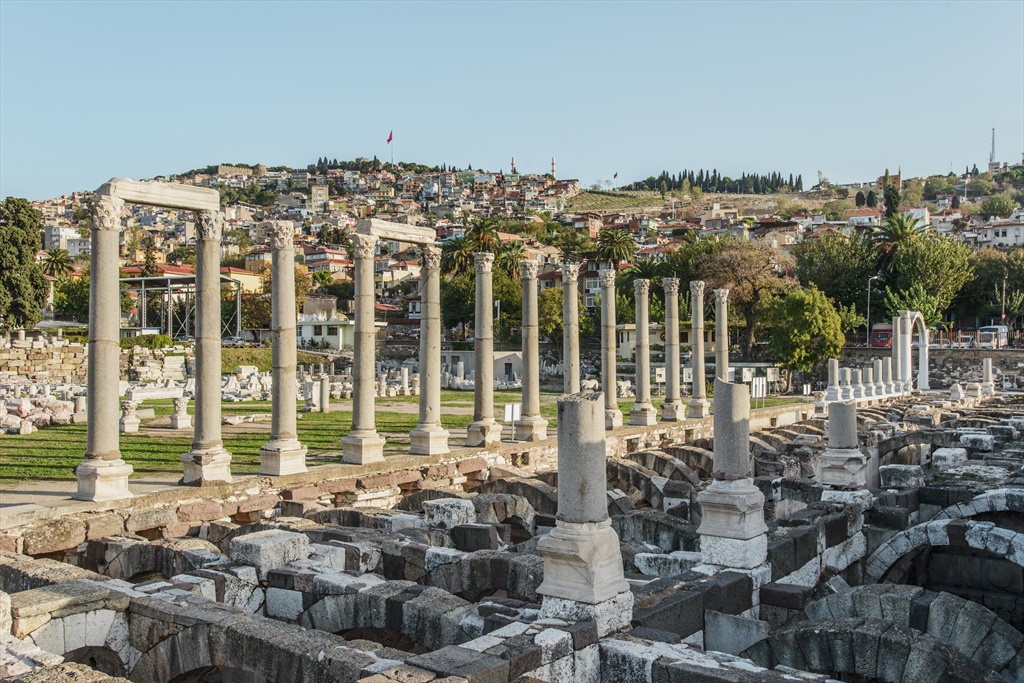

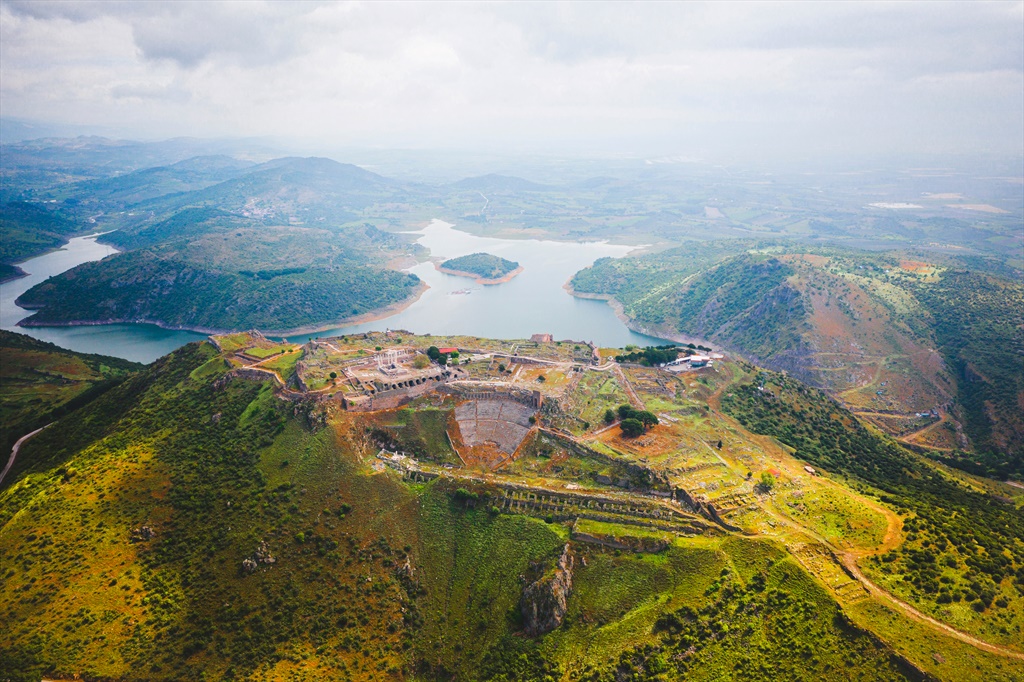


Comments
No comment left, would you like to comment?